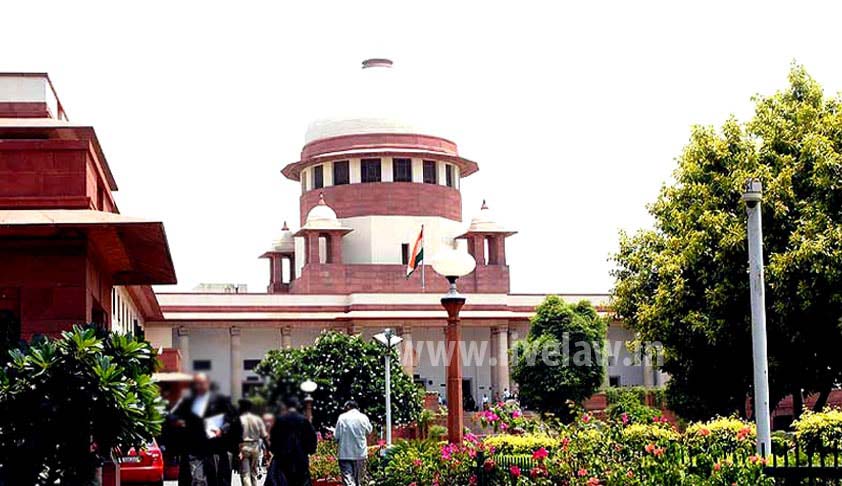Triple Talaq: SC asks parties to frame issues requiring consideration
LIVELAW NEWS NETWORK
29 Jun 2016 6:31 PM IST

Next Story
29 Jun 2016 6:31 PM IST
Taking ahead its hearing on batch of petitions, one of them taken suo motu by it on the contentious issue and recurring complaints of gender discrimination suffered by muslim women arising out of several rules in its personal laws like triple talaq and polygamy, the Supreme Court today asked all parties including the Centre and All India Muslim Personal Board to frame legal propositions...
